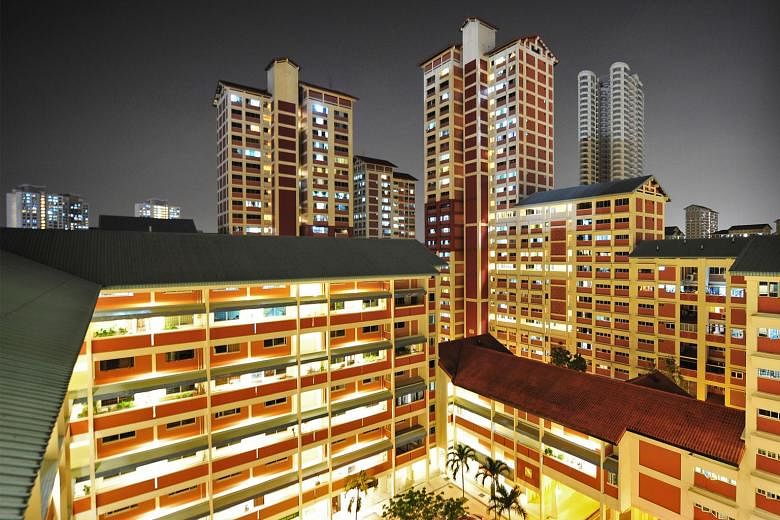SINGAPORE - Electricity tariffs collected by national power grid operator SP Group do not go to its profits, but to the power-generation companies which have incurred higher production costs given the increase in global fuel prices, said Second Minister for Trade and Industry Tan See Leng on Wednesday (Oct 14).
Speaking in Parliament during the debate on the Government's Covid-19 strategy, Dr Tan said the power-generation firms need to see returns on the significant investments in infrastructure they have made here.
Dr Tan was responding to a call by Non-Constituency MP Leong Mun Wai for SP Group to delay the increase in electricity tariffs during this period as Singaporeans are already burdened by the severe economic downturn.
Mr Leong, from the Progress Singapore Party, had earlier referred to the 9.3 per cent electricity tariff hike for the final quarter of this year as an example of a fee increase which erases the Government's support measures.
"Here is a power-grid monopolist which does not generate electricity, but made billions of dollars since the liberalisation of the electricity market in 2012, sparing no time in raising prices at the first available opportunity, even as Singaporeans struggle under the Covid-19 crisis," he said.
He said SP Group could have easily absorbed the increased costs with the past profits it has earned, instead of passing them on to consumers.
In response, Dr Tan said that SP Group buys electricity from the power-generation companies at the full cost of producing and delivering it to consumers, and emphasised that it "does not benefit from the increase in tariffs directly".
The recent tariff increase is primarily due to the rise in fuel cost, he added.
Between July and September this year, the price of crude oil rose by 47 per cent, and this increased the costs incurred by the power-generation companies, said Dr Tan.
"The additional amount of electricity tariffs that SP can collect or collected from the consumers in Q4 of 2020 will then be passed on to these power-generation companies to offset their fuel cost increases," he said, adding that fuel costs constitute between a third and half of total costs for power-generation companies.
To help Singaporeans cope with the higher costs, Dr Tan said the Government has provided households here with "very, very targeted support for their utility bills", such as through the $100 Solidarity Utilities Credit and the GST U-Save special payment.
Based on these policies, the one- to two-room Housing Board flats get up to between six to eight months of support from the utility bills, while the three- to four-room flats get between four to six months of help.
"I'm past my 50-year mark and in all my 50 odd years, this is the first time I've seen the Government spending so much to support all of us here in this country," said Dr Tan.
Senior Minister of State for Transport and Foreign Affairs Chee Hong Tat also explained that SP Group, as the power grid operator, provides the transmission and distribution system connecting the power-generation companies to consumers.
Mr Chee, who was formerly senior minister of state for trade and industry and also previously the chief executive of the Energy Market Authority (EMA), drew a distinction between the price of electricity here and SP Group's earnings.
"It's important for us to be clear what is the business model of the various entities before we make comments like why are they making so much profit and not passing through some of these to consumers," he said.
"Mr Leong needs to understand what the facts are so that we can have a meaningful discussion based on accurate facts."


